I get the strangest things out of Dewey Decimal libraries, which seem somehow smaller and less accurate than the LOC systems {How I loved, in Alison Bechdel's Fun Home, the scene of her browsing in the HQs, because of course that was me!}. So I picked up Frank Browning's "Apples" thinking, well, I'm in need of some good food writing, I love apples, perhaps it will be...educational. Fun was not a word that came to mind.
But it is fun, heaps of fun, that is if you can't stomach another cafeteria Granny Smith or Red Delicious. If you have ever been apple picking. If you get flummoxed when deciding whether to eat it or bake it. If you think McIntoshes dull, Braeburns mealy. If you are suspicious of the Pink Lady, which seems to be everywhere these days. If you hate the waxy skin of fruit. If you hate supermarket fruit period. If you remember the day you learned about the star inside the apple. If you were a tomboy. If you like hot cider with cinnamon. If you search out apple cider donuts.
Which is to say it is a book for me after all. Excerpts that were most intriguing:
{on organic growing}*"By the time the Enlightenment lit up European science, gardeners were painting their fruit trees with a variety of poisonous unctions dedicated to the death of insects. And much of what organic growers consider appropriate treatments today--copper and rotenotem to name two--are decidedly noxious to humans. Indeed, under some organic regimes, the 'natural' insect poisons my father relied on in the 1930s, arsenic and lead combined as arsenate of lead, would be considered acceptable (24)."*
{on american taste}*"...Jonagold, which he calls his first baby, has been a disappointment, at least in the United States. Even his own son, who runs the Way family orchards down in Pennsylvania, has not planted it commercially. Jonagolds are popular, but they haven't enjoyed the boom of new varieties like Braeburn, Gala, and Fuji. Except in Belgium (104-5)."*
{huh}*"...the Stayman Winesap is a steady producer but we lose 20-25% of the crop each year to cracking when late-season rainfall causes the flesh to grow faster than the skin; as we moved to quicker-producing dwarf trees, the problem grew worse" (107).*
{on pink ladies}"Bland Pink Ladies. Overplanted Red Delicious. Overcolored Fujis. All of these commodity-driven phenomena destined for the 'export trade' have, in Burford's view, impoverished the entire American food supply. They have produced ordinary, uninteresting apples that simply can't compete with the high-salt, high-fat, high-sugar, high-packaged items that have saturated the snack-food market (144)."*
{for reminding why i love apples}*"It seemed to have to do with pleasure. No one else in our part of the world grew anything for money that gave so much plain delight. The annual act of taking the first apple, roundish, blushed with crimson, the flesh beneath its skin firm and sturdy and ready to explode upon the tongue...was an affirmation of teh senses. To eat into the apple, to press the edge of the teeth past the taut unwilling skin into ready white meat, to feel the spray of tart and honeyed juices ran down against the tongue and wash over the palate, was to know again how exquisite are the treasures of the ordinary world." (4)*
This book was published in 1998. Almost ten years ago. It makes no mention of those Gravenstein apples thought so well of out here, and only passing mention of my favorites the Northern Spies. Browning himself is an apple-farmer and cider-maker as well as an NPR-commentator.
Subscribe to:
Post Comments (Atom)
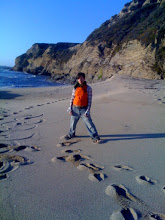.jpg)










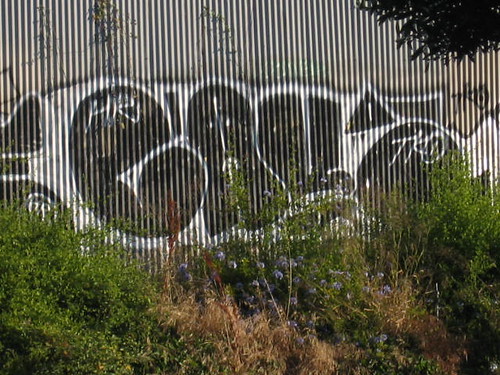
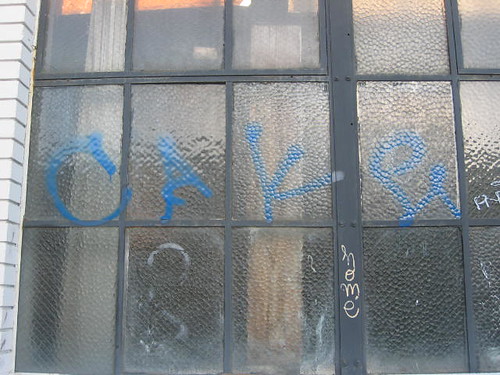
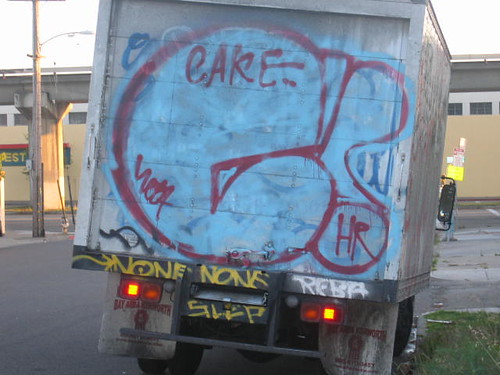

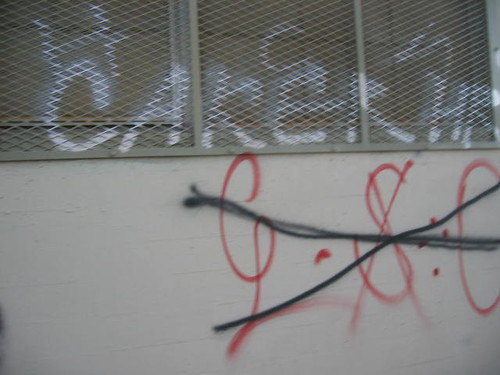


No comments:
Post a Comment